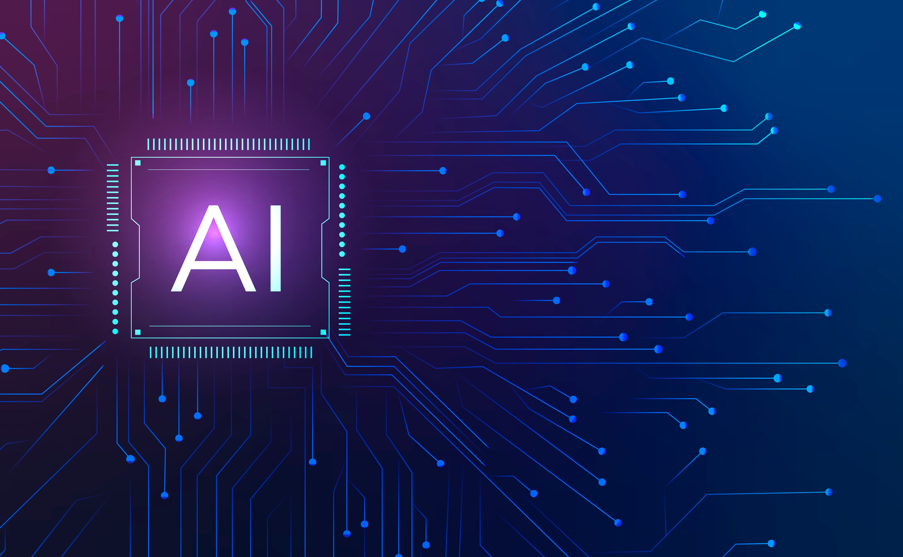
Artificial intelligence (AI) is transforming the way we live and work. As this technology continues to evolve, trends are emerging that will shape the future of AI. We'll tell you about some of the most impactful trends in the world of artificial intelligence:
- Deep Learning
This neural network technique has driven remarkable advances in areas such as computer vision and natural language processing. As neural network algorithms and architectures become more sophisticated, we can expect more powerful applications in medicine, industrial automation and more.
NVIDIAknown primarily for its graphics cards, has ventured into the field of deep learning in recent years. The company has developed specialized hardware, such as the Tesla series of graphics processing units (GPUs), which are specifically designed to accelerate deep learning tasks. NVIDIA GPUs are widely used in data centers and supercomputers to train large-scale AI models.
- IA in medical care
AI is making an indelible mark on healthcare. AI systems are being used to diagnose diseases, analyze medical images and predict treatment outcomes. In addition, medical record management has become more efficient thanks to automation. Artificial intelligence has the potential to save lives and improve medical care worldwide. one example is IBM Watson which uses AI to help healthcare professionals analyze medical data and diagnose diseases, which has significantly improved accuracy and efficiency in medical care.
- Robotic Process Automation (RPA)
RPA has become an invaluable ally for companies looking to automate repetitive, rule-based tasks. Software robots can perform administrative and operational activities, freeing employees for more strategic and creative tasks. RPA is revolutionizing business efficiency.
UiPath is one of the leading RPA companies and offers solutions to automate repetitive tasks in various industries, saving time and resources for organizations.

- Conversational AI
AI-powered chatbots and virtual assistants are everywhere. From customer service to task automation, these systems are improving human-machine interaction. As natural language processing algorithms improve, conversation with machines feels increasingly natural. One example is the version of OpenAI GPT-3 Chatis used to develop chatbots and highly conversational virtual assistants in a variety of applications, from customer service to content generation.
- Ethics and responsibility in AI
With the growth of AI, ethics and accountability have become crucial issues. Addressing issues such as bias in algorithms and fair decision making is essential. The AI community is working hard to ensure that AI systems are transparent and fair. For example. Google AI Ethics Team has established an AI ethics team dedicated to addressing ethical issues and biases in its artificial intelligence systems.
- AI for business decision making

By analyzing large data sets and providing valuable information, companies can make more informed and strategic decisions. Examples include Salesforce Einstein which is an artificial intelligence platform that helps companies make informed decisions by analyzing data and providing insights into sales, marketing and customer service.
Trends in artificial intelligence offer an intriguing glimpse of what's to come. From deep learning to ethics to business decision making, AI is transforming countless aspects of our lives. As we move into the future, AI will continue to positively impact the way we live and work, driving innovations we could only imagine just a few years ago. Stay tuned for these trends, as they will continue to shape the course of technology and society.






